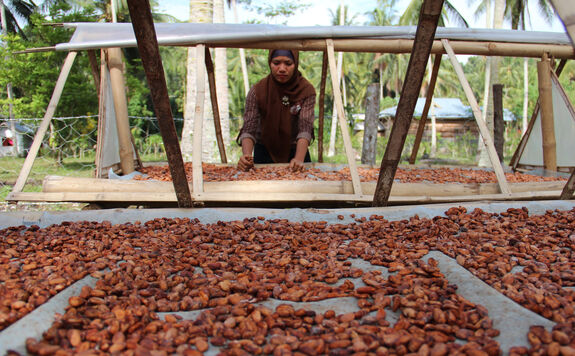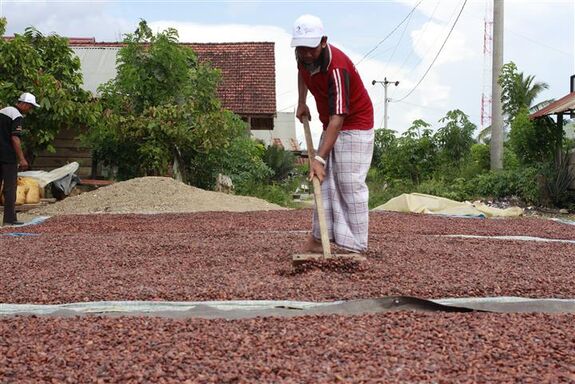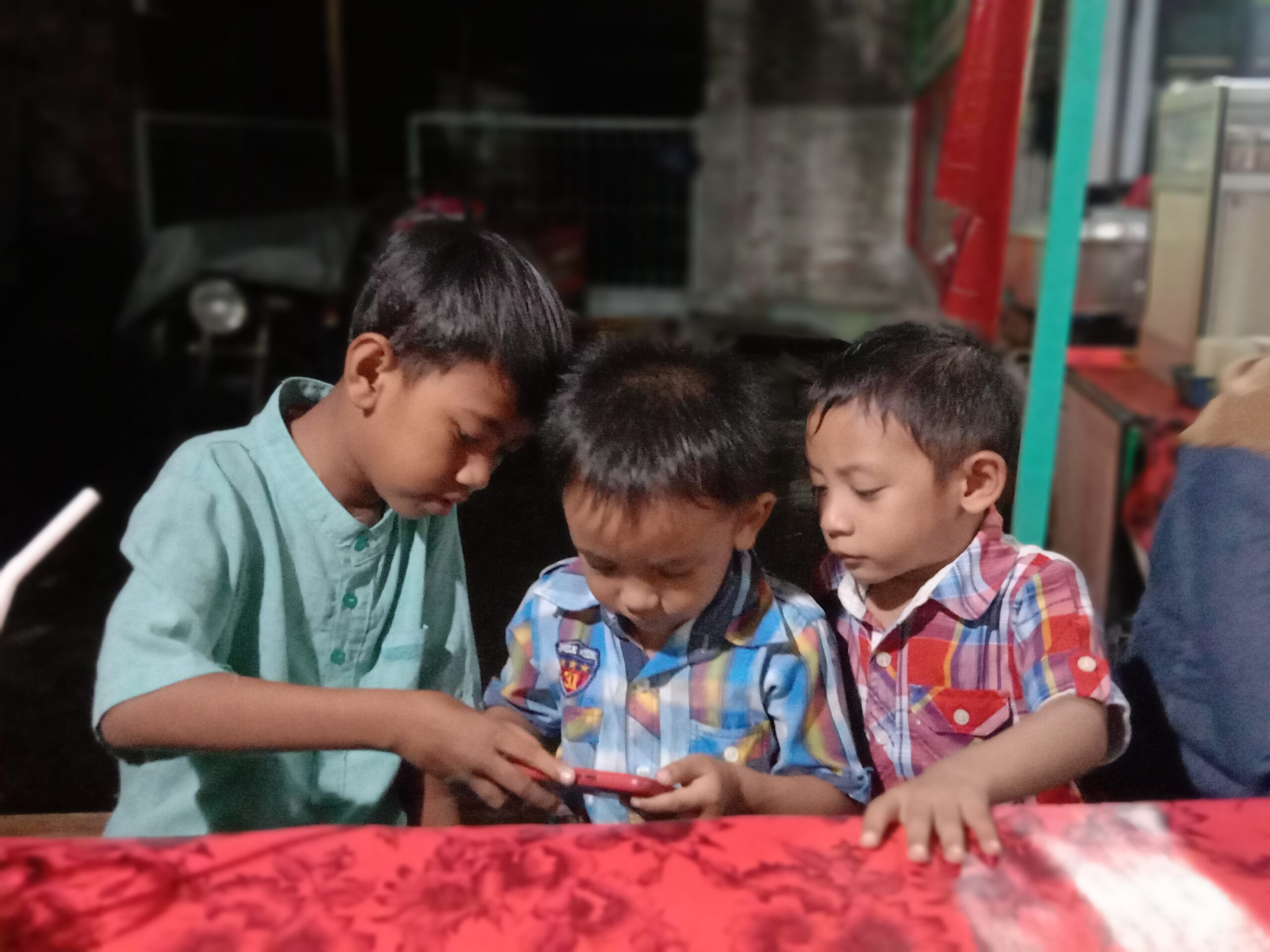Source >>>
02/01/2022
Partnering with the Springfield Centre, Swisscontact has made an insightful synthesis of the Sustainable Cocoa Production Program (SCPP) in Indonesia, which over close to 10 years evolved into a pioneering and globally leading Public-Private Development Partnership. The legacy of this flagship program supported by key donor SECO goes well beyond the 165’000 farmers reached but encompasses numerous lessons learnt in how and under what conditions to best support cocoa farming families in terms of productivity increase, income diversification, climate resilience, food security and access to finance.
Prashant Rana, Director Swisscontact Southeast Asia was interviewed by SWISSCO’s Executive Director Christian Robin about the following case study series that summarizes the lessons learnt from SCPP:
Sustainable Cocoa Production Program (SCPP) Case Study Series: No. 1 – Springfield Centre
Sustainable Cocoa Production Program (SCPP) Case Study Series: No. 2 – Springfield Centre
Sustainable Cocoa Production Program (SCPP) Case Study Series: No. 3 – Springfield Centre
What can the reader expect from these case studies? Who are the studies aimed at?
The studies are aimed at development practitioners, global and local companies in commodity supply chains, and donor agencies supporting value chain upgrading, farmer capacity building and sustainable agriculture. They provide insights on how multi-stakeholder platforms and public private development partnerships (PPDP) can work and the challenges and opportunities regarding these.
The SCPP-Programme has been successful in multiple ways. What results and achievements are you most proud of as an implementing organization?
In many ways, SCPP was the largest PPDP on cocoa globally. With SECO as initial and anchor donor, 11 multinational cocoa companies, six donor agencies, three NGOs, two research institutions, two universities and over 50 local governments joined the PPDP. SCPP directly trained more than 165,000 farmers in 57 cocoa producing districts in 10 provinces through 5,000 highly skilled lead farmers leading to a 155% increase in yields.
SCPP was able to establish traceability and certification as key elements in the supply chain. Finally, from 2018, SCPP developed new tools and instruments like FarmNetX and Transformative Coaching to support cocoa companies to make their own farmer upgrading programs more effective and prepare for a period beyond SCPP. Among the challenges, our model was too training and farmer centric until 2018 with potential to crowd out the private sector. Working with cooperatives and small traders to drive industry change was ambitious. We had mixed results with the access to finance as it was limited to training and leaving out other interventions.
Looking at the case studies, what success factors and lessons learnt do you think can be applied to all interventions in the cocoa value chain?
PPDP are essential for supply chain upgrading and sustainable agriculture. We need to go beyond seeing them as just about convening partnerships and pooling funds, solely ‘fixing the farmer’ or establishing standards, or specific tools and methodologies. Rather, we need to emphasize three key elements.
First, detailed analysis on ways of unlocking the incentives of companies and other market actors, including the public sector. Standards, verification, and certification can only work if supply chain incentives are aligned.
Second, development aid must be catalytic and facilitative and not replace a function that must be done in future by market actors. This implies a project with flexible budget and activities, innovation support and robust measurement.
Third, interventions need to be broad ranging including finance, standards, policy, and other elements impinging on sector performance, inclusion, and sustainability.
After the program ended, to what extent did the private sector take on more responsibility and what is the role of international cooperation to promote initiatives like this?
Traceability and certification are now integral elements of the supply chain. Companies’ focus has shifted away from fixing the farmer to fixing the wider supply chain. Some companies are working with FarmNetX and Transformative Coaching to improve their own farmer upgrading programs. They are continuing sector advocacy via the Cocoa Sustainability Platform in Indonesia and even working on new tools such as the living income benchmark survey. Swisscontact continues engagements with companies and stakeholders beyond SCPP.
SECO support has been key to SCPP success. As anchor donor, it provided the financial, technical and management foundations for flexible modular expansion and innovation. From 2012-2018, it was instrumental in the scale up of farmer training. From 2018, it supported the re-orientation towards promoting sustainable supply chain innovations by taking on a much more facilitative role. This includes enhancing capacities beyond farmers, de-risking company investments and fostering new relationships between market actors, all with a view to sector transformation. The positive results are being seen beyond SCPP.
More information: Swisscontact SCPP
Pictures: © SCPP





